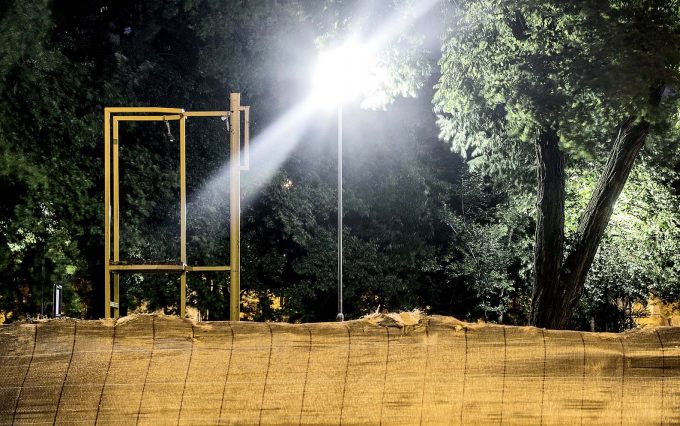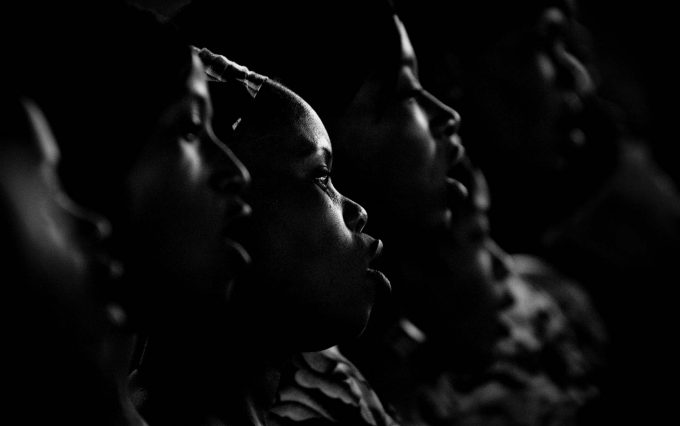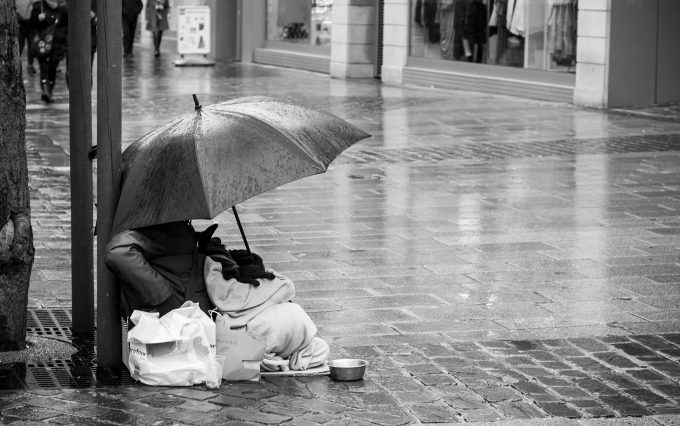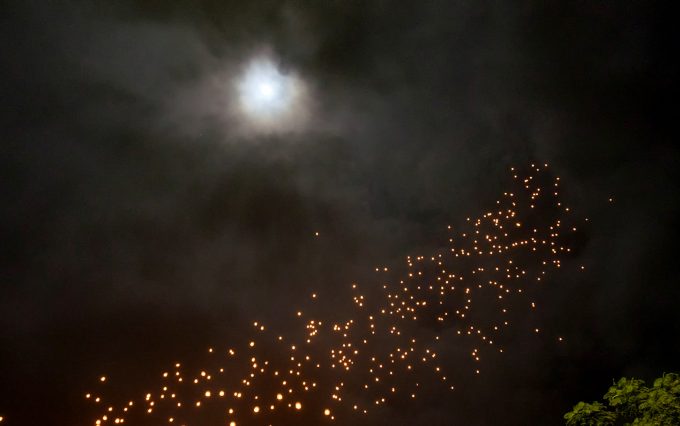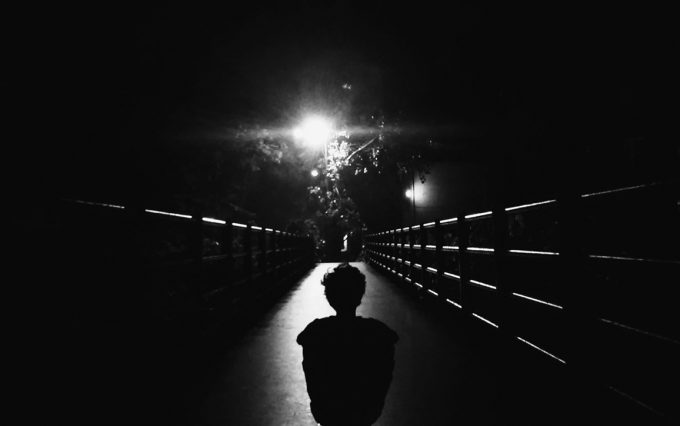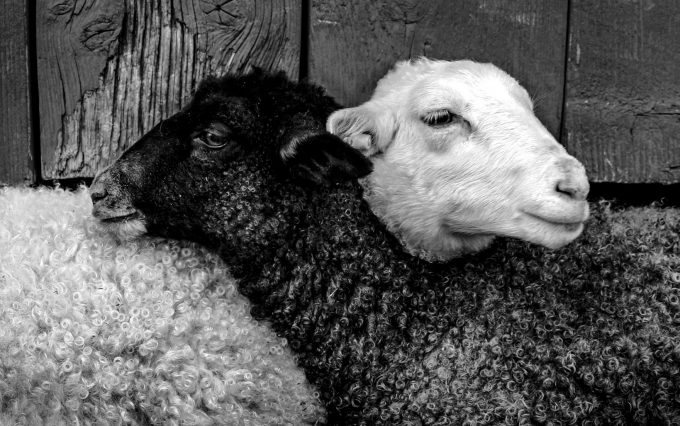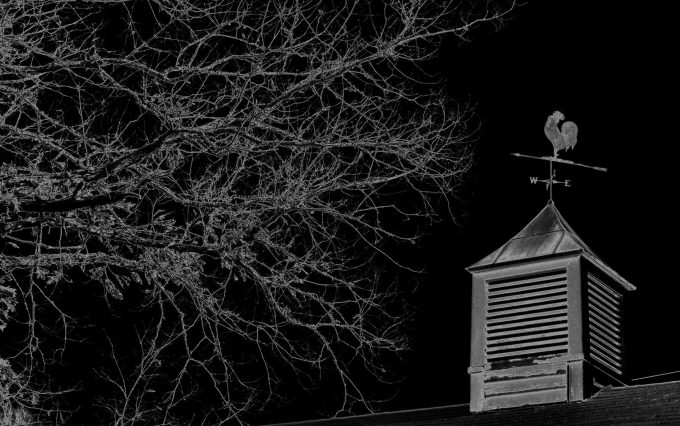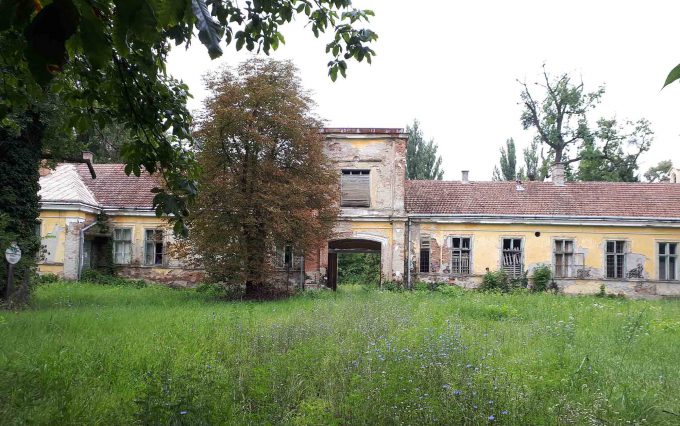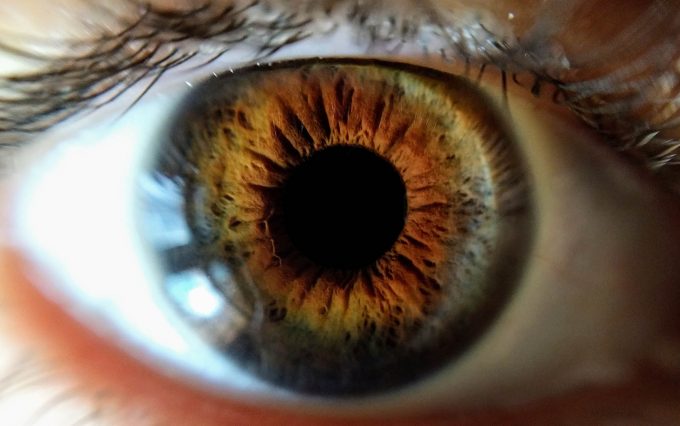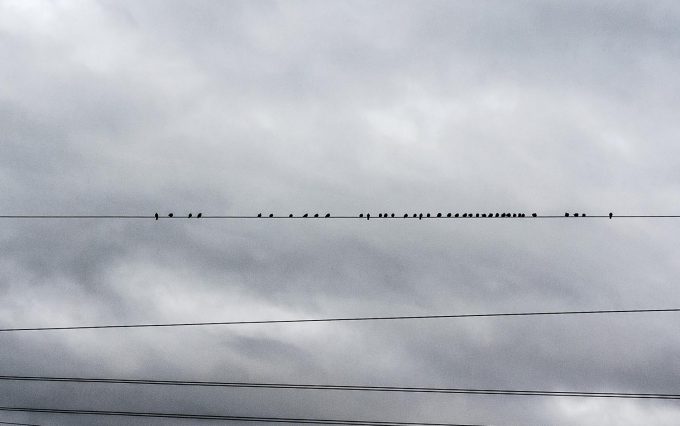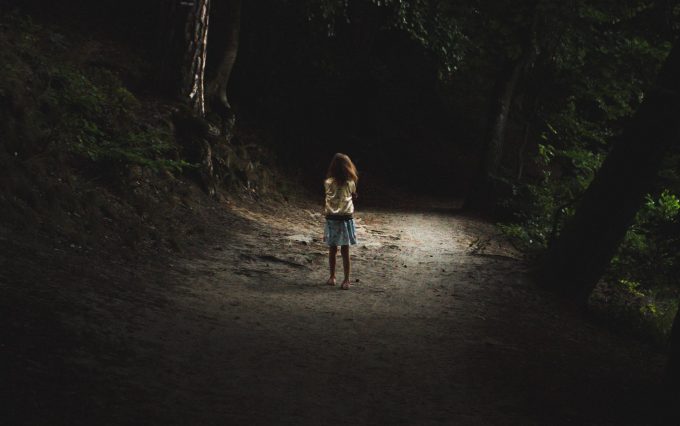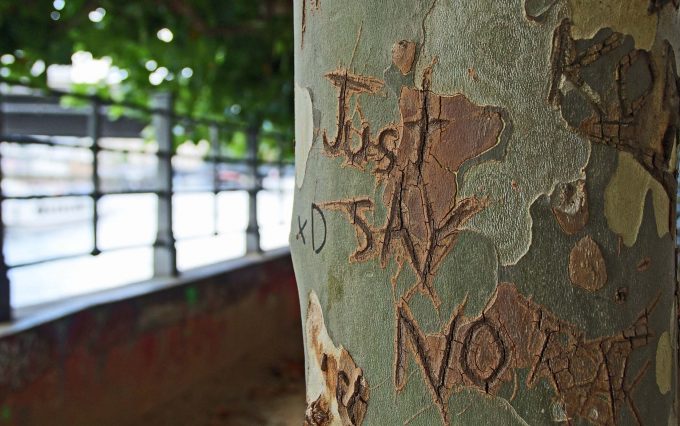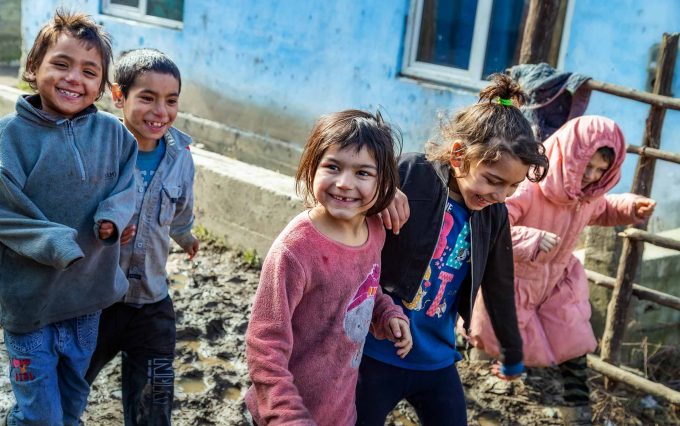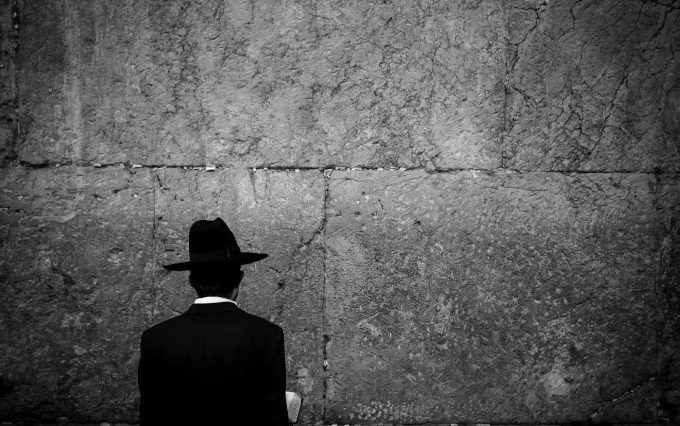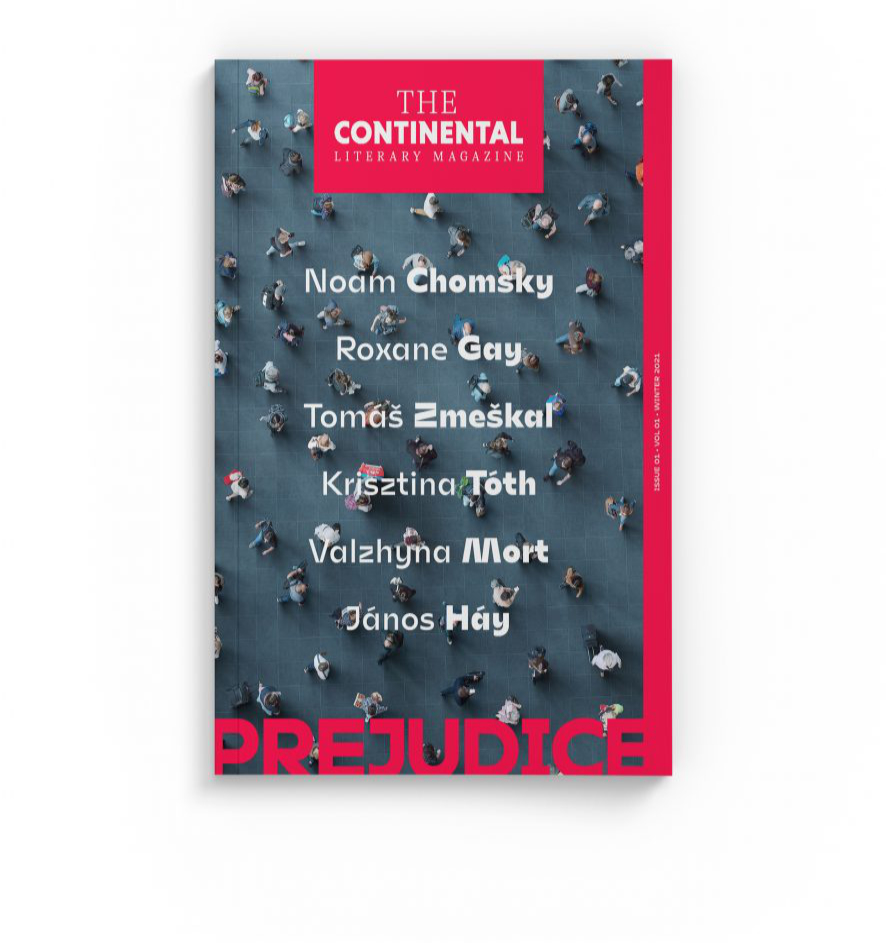
About the Issue
Prejudice and what lies behind it
The photographs and communication strategy for the first issue of Continental Literary Magazine are based on the fact that everyone’s perceptions are shaped and limited by prejudice. To put it simply, none of us is free of prejudice.
We have used for this issue photographs from the series Squares and Urban Flow by Hungarian photographer Ádám Magyar. Magyar is a highly refined tinkerer who works at the edge of technical innovation in his images. He is a computer geek, college dropout, self-taught photographer, high-tech Rube Goldberg, world traveler, and conceptual artist of growing global acclaim whose works have featured in innumerable exhibitions. We would like to thank the Faur Zsófi Gallery in Budapest for helping us work together with Magyar.
Magyar’s photographs, including images of crowds taken from above, elegantly capture the theme of the first issue of the magazine. They remind us that prejudice is faceless. It cannot be tied to a
specific ethnic group, as it lurks somewhere in all of us. The images do not refer to any particular minority, and thus we avoid influencing our reader. Rather, we seek merely to emphasize the
pervasiveness and, indeed, universality of this problem.
The Continental Literary Magazine fights prejudice by offering readers a diverse array of individual stories. It fosters a dialogue on this sensitive and sometimes embarrassing subject and breaks taboos. It shows that prejudice is a problem which we must all face and that our prejudices can, perhaps, be shed.
FROM THE ISSUE
Poem by Mila Haugova which touch on exclusion, compassion, the passing of time, and the consequences of the suspension of life because of Corona virus.
“…there are human beings with skin of almost eight billion different shades, people whose skin is as unique as their fingerprints. “
Hungarian cultural anthropologist and photographer Attila Lóránt on a Central European perspective of racism and historical racial bias in photography.
In this poem by Hungarian Zsuzsa Takács, translated by poet George Szirtes, Eastern European trauma transforms into the spectacle of disaster tourism.
Poem by Mila Haugova which touch on exclusion, compassion, the passing of time, and the consequences of the suspension of life because of Corona virus.
Animals, language, and Dadaistic gestures collide in this poem by Hungarian poet Kinga Tóth, in a translation by Belarussian poet Valzhyna Mort with Owen Good.
Walzhyna Mort ponders the diverse challenges a translator faces when attempting to recreate an array of poetic voices in different languages.
Ukranian poet Marie Iljasenko explores themes of belonging and foreignness in poems which draw on her experiences as both a cultural insider and outsider.
An alcoholic father is drafted during the Yugoslav war, in a poem by Hungarian poet Anna Terék, translated by Belarussian poet Valzhyna Mort with Owen Good.
Noam Chomsky shares his thoughts on the tensions which have shaped world over the past half-century and offers a grim diagnosis of our preparedness for the conflicts of the future.
Magyar’s photographs, including images of crowds taken from above, elegantly capture the theme of the first issue of the magazine.
Judith Newman writes on the next chapter in the fight against ableism as the disabled assert their rights as equal citizens, including equal sexual citizens.
This short story by Marek Vadas offers a portrait of a town which is unable to confront its complicity in crimes of the past or crimes of the present.
In Hungarian writer László Szilasi’s excerpt, Doctor Tardits returns to the village from Auschwitz, but what remains of his life there? Or who has occupied it since?
Polish poet Agnieszka Wolny-Hamkalo touches in her poetry on racism, identity, belonging, exclusion, and the ever-present danger of fascism.
Hungarian writer Róbert Hász recounts tales of his family home, a former pub in the multicultural province of Vojvodina, in modern-day Serbia.
Poem by Mila Haugová which touch on exclusion, compassion, the passing of time, and the consequences of the suspension of life because of Corona virus.
A troubling short story by Hubert Klimko-Dobrzaniecki which uses skin color as a way of exploring the traumas of life under a dictatorship propped up by propaganda.
The Hungarian writer Krisztina Tóth reflects on adoption, anti-Gypsyism, and the gut fears that we inherit from our ancestors, and carry forward.
Black feminist author Roxane Gay touches on the challenges of refusing to meet social expectations and the immense pressures placed on women and people of color to conform.
Tope Folarin writes on the ways in which reality television, far from offering a refuge from everyday worries, serves as a crucible in which social tensions come to the fore.
In Hungarian writer Gábor T. Szántó’s story, as communism falls and the Russian troops withdraw from Hungary, an elderly rabbi receives an unlikely visit.
